Southern railway: £20m fund unveiled to 'improve' services
- Published
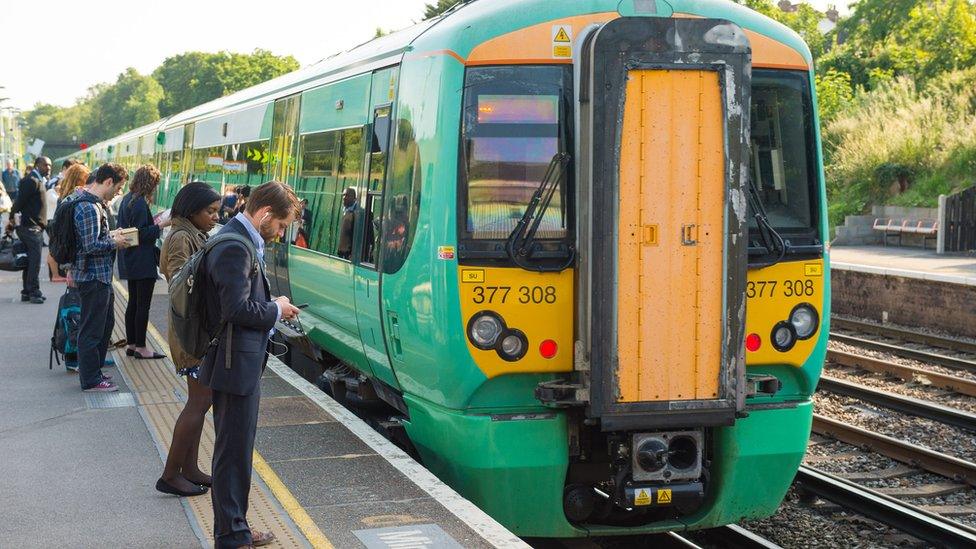
RMT members are due to stage a 48-hour strike on 7 and 8 September
A £20m fund and a new review board has been unveiled in a bid to improve Southern rail services and "get to grips" with problems on its network.
The government action comes after months of disruption, strikes and a reduced service on rail routes in south London, Surrey, Sussex and Kent.
Transport Secretary Chris Grayling said the board would explore how to achieve rapid improvement for the public., external
Southern's parent Govia Thameslink Railway (GTR) welcomed the package.
Transport Secretary Chris Grayling talks about Southern
RMT union members are due to stage a new 48-hour strike on 7 and 8 September as it fights moves to give drivers responsibility for opening and closing carriage doors.
The union has said it has concerns over safety and job cuts, but the company began imposing the changes in August.
A separate strike planned for 7 September by staff who work at stations in a dispute over cuts to ticket offices has been called off.
New ticket office arrangements will now be trialled at eight locations, with staff volunteering to take part being paid an extra £1,000.
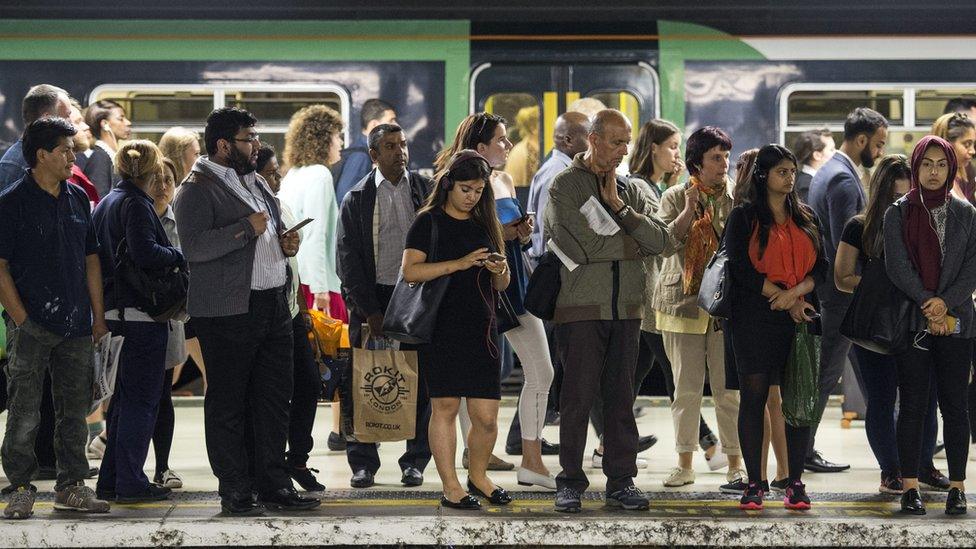
Southern has already seen a series of strikes by the RMT
Mr Grayling said former Virgin Rail chief operating officer Chris Gibb would head the new project board, which would work with GTR, the Department for Transport and Network Rail.
The board will also have a passenger representative.
The £20m fund will aim to tackle problems on lines, placing more rapid response teams on the franchise
It will speed up the replacement of worn track and hire extra staff at key stations including East Croydon and Gatwick to make sure trains get away on time.

Where some of the £20m will go
£2m for rapid response teams to fix faults more quickly
£2.5m for accelerated train maintenance
£0.8m for extra signal supervisors
£0.9m for measures to minimise the impact of bridge strikes

Mr Grayling said: "This railway is not running well enough - not being run in a joined-up enough way.
"The infrastructure team and the train team don't work well enough together. That's got to change. It's not the way a railway should be run."
He said strike action was also causing massive disruption.
"It's the biggest problem," he said. "Unofficial action through high levels of sickness is also causing problems on a sporadic basis day by day.
"I can start the process of fixing the other issues - the unions now need to call off the strike action."

Analysis: Paul Clifton, BBC South Transport Correspondent
This is a business that turns over more than £1bn a year so £20m isn't going to make a huge difference.
A lot of the problems are down to Network Rail issues, not the train operator, and a lot of the money is targeting specific Network Rail infrastructure problems.
Long before the current industrial disputes this was the poorest performing railway in the country and it is still, by far, the worst.
There are four separate industrial disputes at various stages against Southern at the moment - by three different unions.
These are some of the busiest routes in the country, used by one in five of all passengers on the railway.
The massive Thameslink programme to upgrade those routes isn't due for completion until 2018 and I don't think passengers are going to see a real resolution to the many current issues until then.

GTR has already said that from 5 September it will reinstate more than a third of the 341 daily services it axed earlier in the summer.
It said it would work with Network Rail to ensure the new £20m fund would deliver "real, tangible benefits" for passengers.
"This investment complements our existing programme of improvements which is bringing in new trains and changing working practices to improve customer service," said CEO Charles Horton.
RMT General Secretary Mick Cash said: "This stinks of another multi-million pound taxpayer subsidy to bail out the failing Southern rail.
"If there's money to prop up this private outfit why isn't there cash available to make sure that the guards and safety are protected on their trains?"
- Published31 August 2016
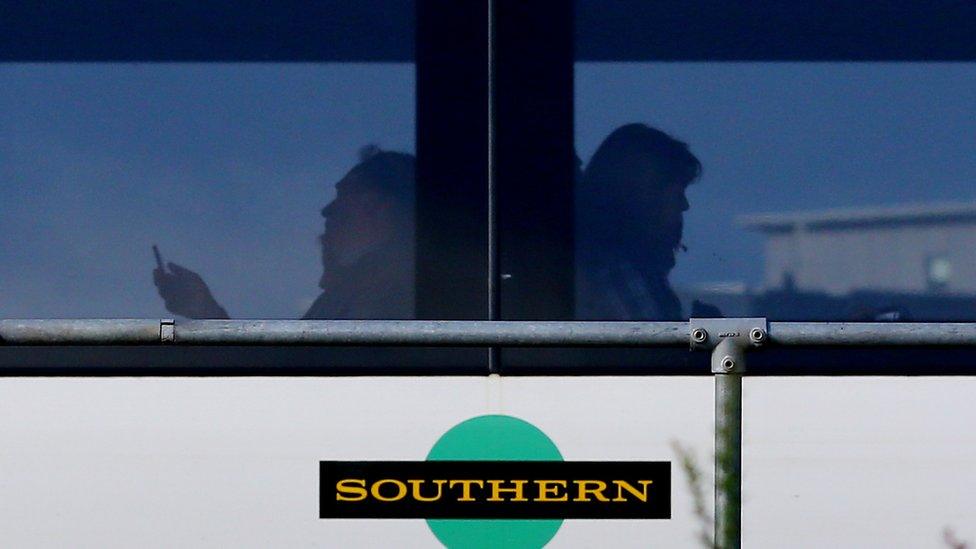
- Published30 August 2016
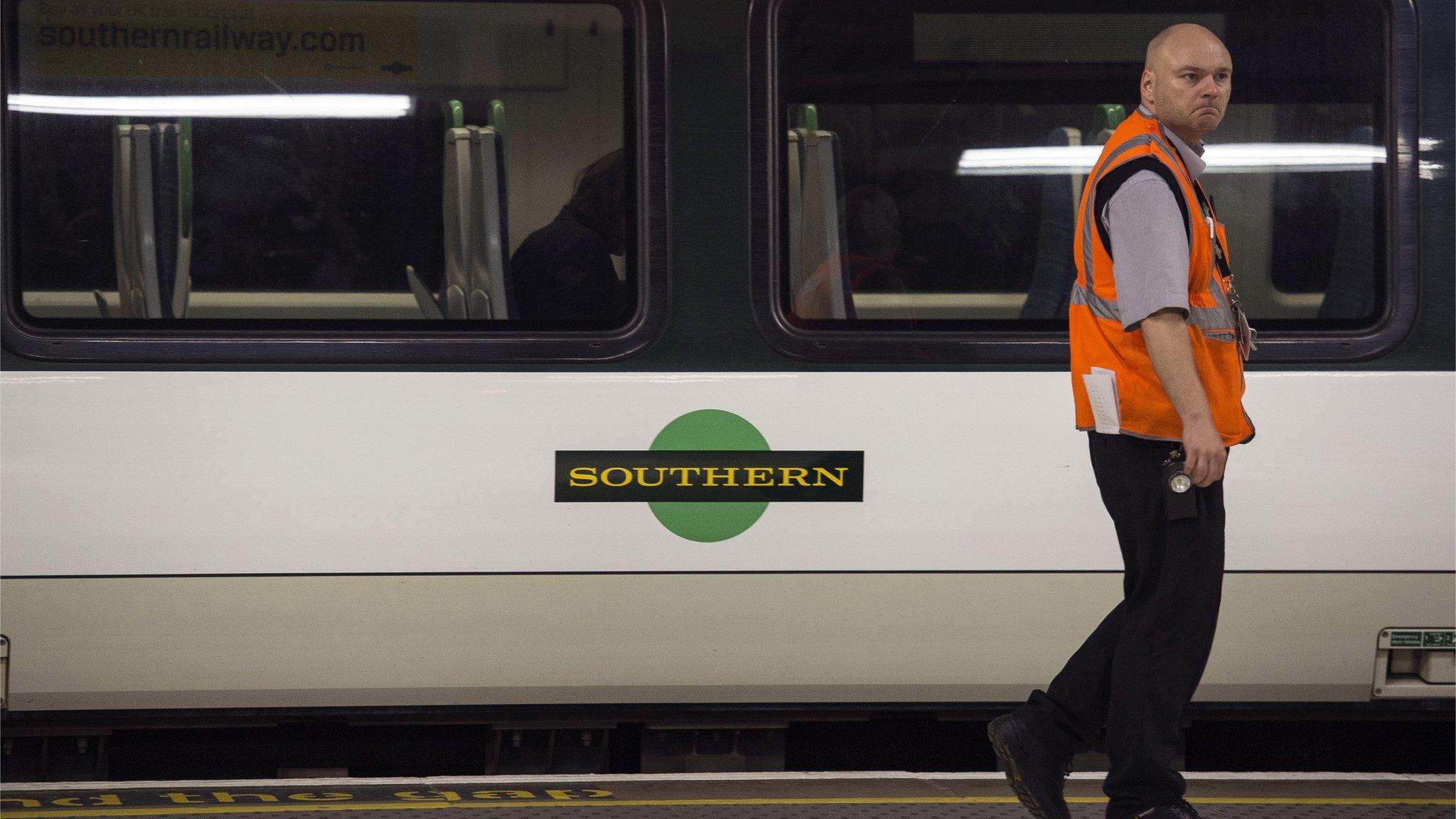
- Published25 August 2016

- Published23 August 2016
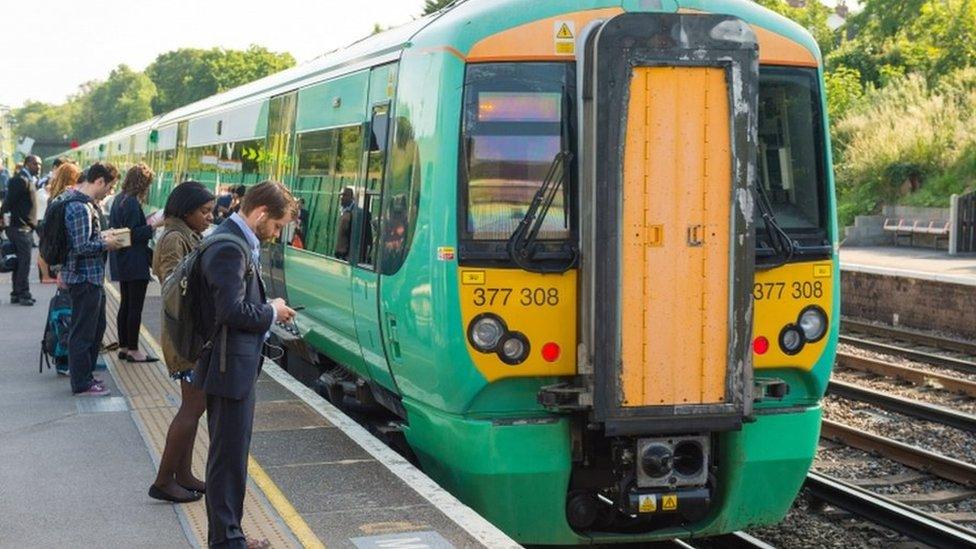
- Published12 August 2016
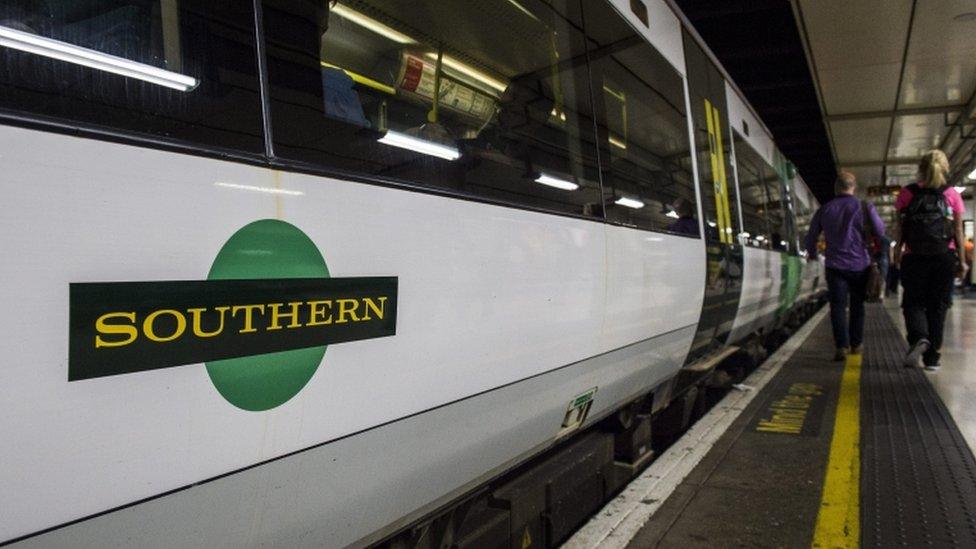
- Published9 August 2016
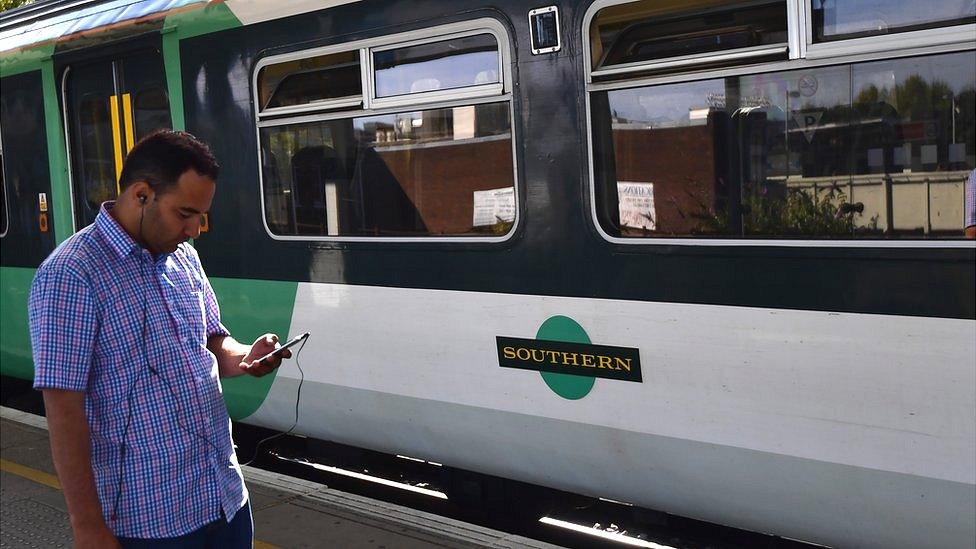
- Published8 August 2016